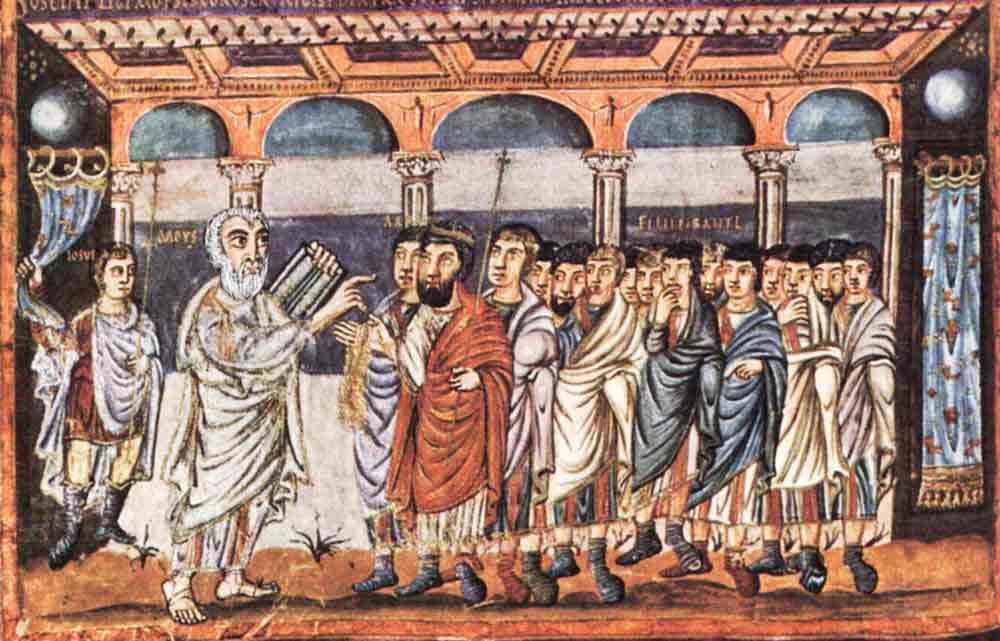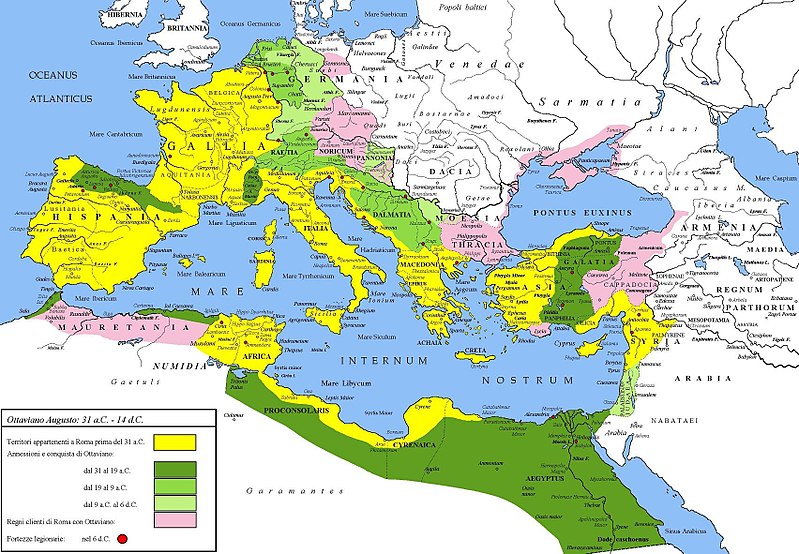

Between 1933 and 1945, when the Jews in Germany were facing the Nazi atrocities, Palestine too was witnessing numerous happenings.
In the meantime, the fifth ‘Aliyah’ happened during 1930-36, which brought with it some 170 thousand Jewish people to Palestine from across the globe. Overall, they now numbered well above 382 thousand.
In 1935, David Ben-Gurion (who later became the first Prime Minister of Israel after achieving independence) became the Chairman of ‘Jewish Agency for Palestine’, the highest body for the Jews in Palestine. Almost all the Jewish groups accepted and recognized his leadership.
Though the Arab-Jew conflict that escalated and intensified by the mid-1930s was brought under control by the British using any possible means, the explosive situation was proving to be a tough and tricky balancing act for them.

As a solution to the problem, in November 1936, after the end of the first phase of the Arab Revolt, the British government constituted a ‘British Royal Commission of Inquiry’ under politician Lord Robert Peel and sent its representation to Palestine. ‘The Peel Commission’, formally known as the ‘Palestine Royal Commission’, was to investigate and present the inquiry report about the boiling Arab-Jew conflict.
Lord Peel started to record the testimonies of all the concerned and related parties and actors. Key Jewish leaders like David Ben-Gurion and Chaim Weizmann (who later became first President of Israel after independence) represented the side of the Jews before the commission, while the Arabs were represented by the then Grand Mufti of Jerusalem, Hajj Amin al-Husseini. The testimonies made clear the considerations of both the sides.
The Palestinian Arabs were opposed to the very concept of the ‘Jew nation-state’. They demanded the entire land of Palestine be constituted as an independent Arab state, entirely devoid of the Jews. For anything apart from this, the Arabs would consider the British to have let them down, and they having gone back on their word.
On the other hand, for the Jews, Palestine was the land where they were born, and they wanted it as a ‘Jew nation’. However, they were fine with the Arabs living in it if they would peacefully co-exist with them.

The Peel Commission that arrived to investigate the reasons behind the Arab-Jew riots presented its report that said –
The desire of the Arabs to achieve independence, their staunch opposition to the proposed ‘Jewish national home’ and the immigration of the Jews from across the world which was adding to this staunch opposition were the main reasons behind the riots.
The report also mentioned the causes that aided the flaring of the riots as – the budding of hope of Palestinian Arabs with the independence from the British achieved by the neighbouring countries of Iraq, Transjordan, Egypt, Syria, Lebanon and other Arab states; increasing purchases of land in Palestine by the ever-increasing number of the Jews arriving in Palestine; the shirking away from action by the British to stop the increasing Jewish immigration; some ambiguous references in the ‘British Mandate for Palestine’ leading to uncertainty that was flaming the hatred towards the British in the minds of both, the Arabs and the Jews.
-04.jpg)
The Arabs considered Jews as aliens in Palestine and alleged that they were taking over their fertile lands. However, the commission rejected this claim as, before the arrival of the Jews, almost the whole of Palestine was considered arid and waste. The land was also not among the sources of livelihood for the Arabs. The Jews bought the wastelands from the Arabs, carried various experiments to turn them fertile and then took to farming them. Hence, the Arab claims of the Jews usurping their fertile lands were dismissed as they were not factual and true.
The inquiry report of the commission also termed the ‘British Mandate’ approved by the ‘League of Nations’ as entirely unsuccessful. It said that it was impossible for the creators of the mandate, which came into existence at the start of the decade of 1920s, to have even an iota of idea about the future events that took place like – the irreconcilable Arab-Jew conflict, the Nazi crisis faced by the Jews in Germany and the consequent increase in the number of immigrants, the ban the United States put on the entry of the Jews, etc. Thus, many considerations of the time at which the mandate was created were non-existent and that there was no other option but to partition the land of Palestine.
However, the plan of partition of Palestine given by the Peel Commission proposed to give the Jews only one-fifth (20%) of the Palestinian land and rest four-fifth (80%) was to be allotted to the Arabs.

The Arabs were opposed to giving even a parcel of land to the Jews. They took an unyielding stance demanding for nothing less than the entire land of Palestine to be declared as the Arab nation and in principle rejected the British proposal for the partition of Palestine.
Alternately, then Jewish leaders farsightedly and practicably decided first to secure whatever was on offer and later try to get more. They said that they will undoubtedly think about the plan if the proposed partition was aptly done. They also suggested constituting a forum having the participation from Arabs as well, which will discuss the possibilities of averting the partition of the land of Palestine.
However, the Jews termed the one-fifth to four-fifth partition proposed by the commission as unacceptable and rejected it.
Thus, the report by the Peel Commission to partition the land of Palestine was a try of first of its kind to arrive at a solution to the Palestine problem. (To be continued…)












